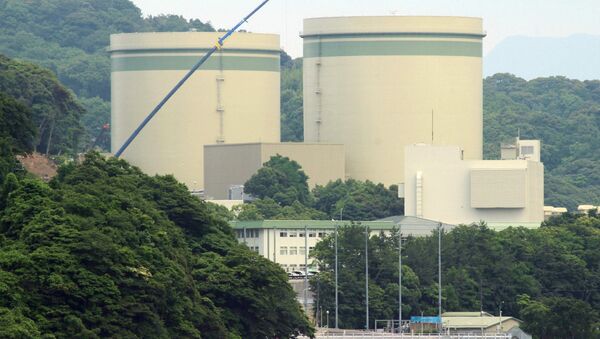According to the newspaper, given that the plant's reactors No. 3 and No. 4 were relaunched in 2017, and their certificates are set to expire in August and October. However, the operator decided to halt their activity next summer as it will not manage to implement all the necessary measures on time.
The newspaper also reported that the work on upgrading the plant was behind by about a year. One of the possible reasons for this delay could be the recent corruption row over the operator that broke out in late October. In particular, Kansai Electric Power's officials had reportedly accepted expensive gifts and about $3 million in cash for several years from the former official who used to serve in the administration of Takahama town that hosts the plant.
The scandal may also delay the restart of another two reactors at the plant, the newspaper reported.
All of Japan’s 54 operating nuclear reactors were shut down in March 2011 after a 9.0 magnitude earthquake and subsequent tsunami led to a leakage of radioactive material from the Fukushima Daiichi plant. Before the disaster, 30 percent of Japan's electricity came from nuclear power.
After the 2011 Fukushima Daiichi disaster, Japan's Nuclear Regulation Authority introduced a 40-year limit on the lifespan of nuclear reactors in the country, but added the possibility of a 20-year extension if the stringent safety measures were met. In addition, in April 2019, the nuclear watchdog toughened rules for obtaining new certificates, demanding that nuclear plant operators upgrade infrastructure at their facilities within the established deadlines to meet new anti-terrorism safety measures.


